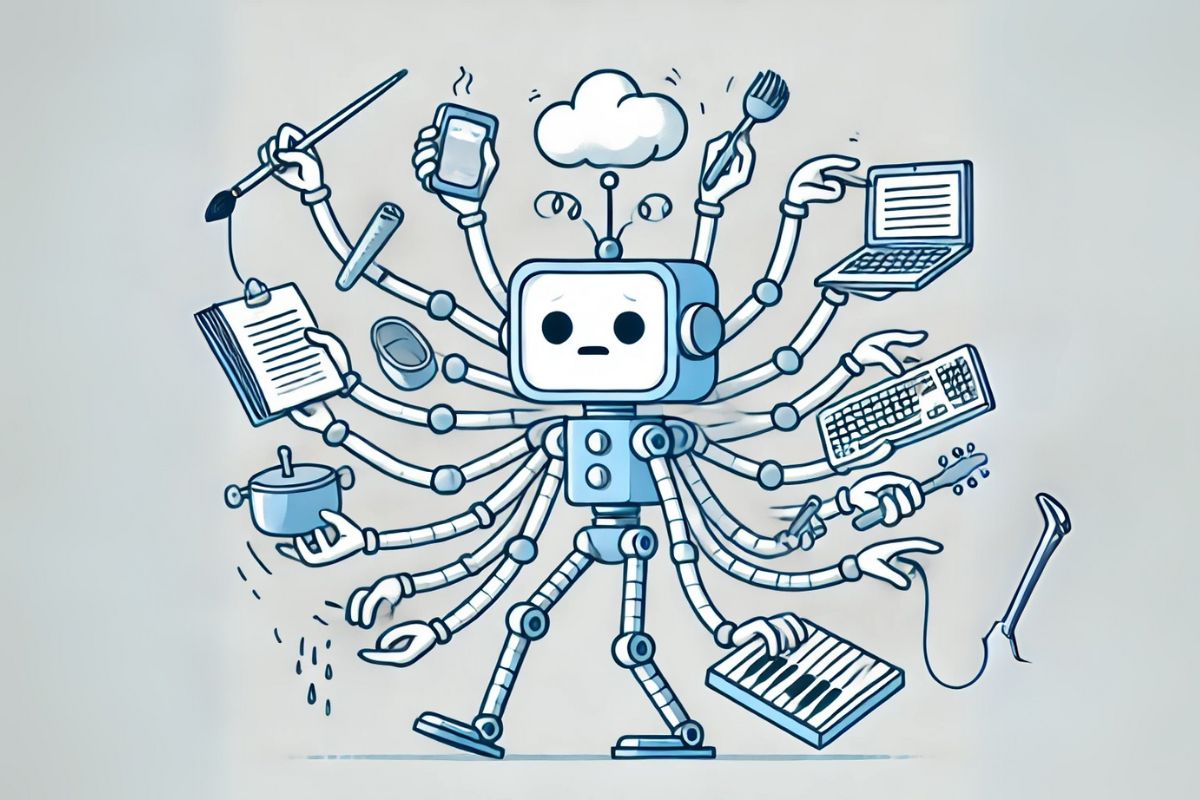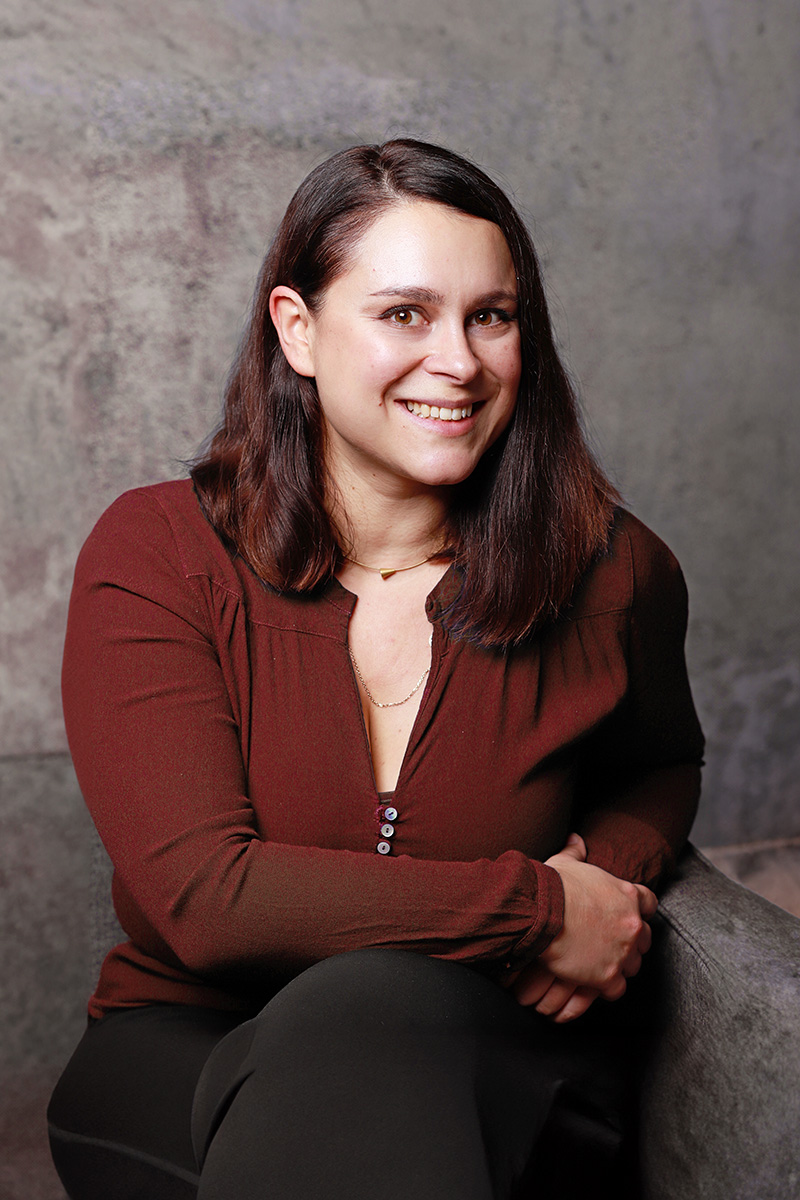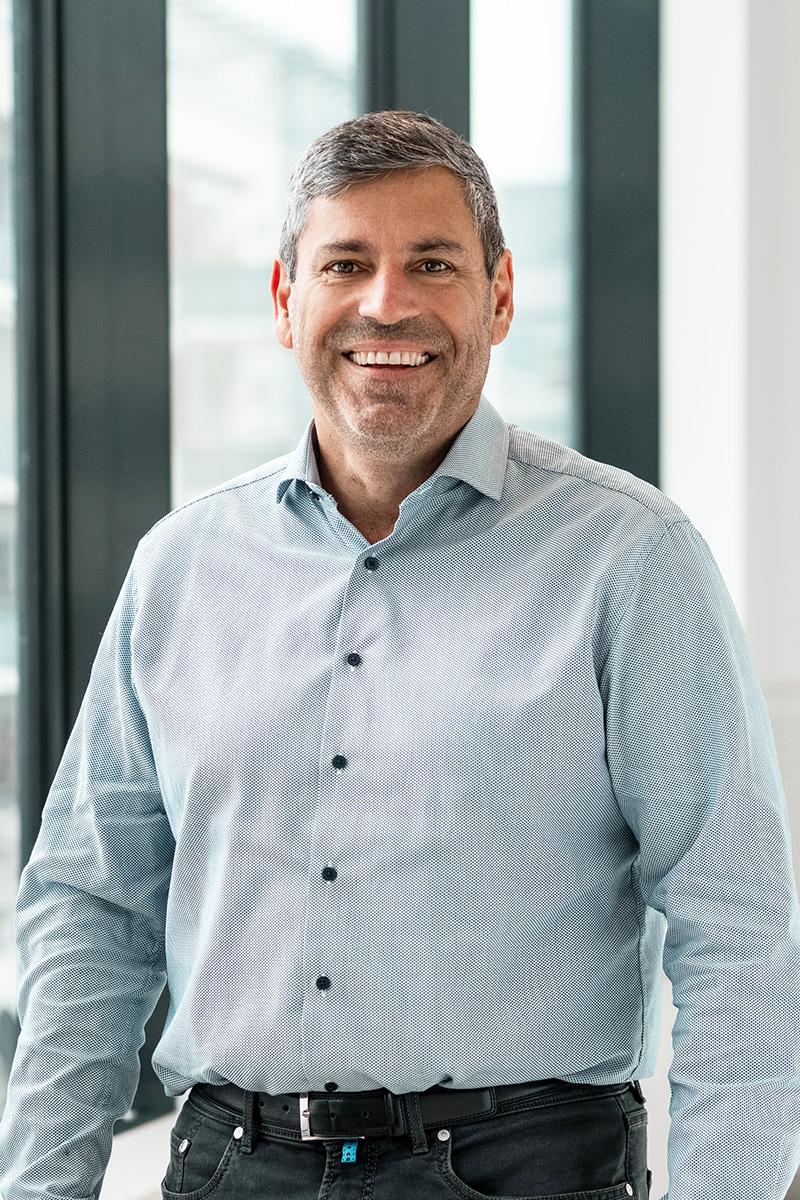In recent years, large language models (LLMs) such as GPT-4 have been the undisputed stars of artificial intelligence. However, since 2024, there have been signs of a clear trend reversal that could become decisive for AI development from 2025: away from universal, huge systems towards smaller, specialized solutions that can be used more efficiently and in a more targeted manner. You can find out exactly what this means in our blog post.
Why smaller is better: the advantages of specialized systems
What could AI look like in 2025?
Currently, everything points to the fact that we will see a mixture of specialized and multimodal AI by 2025.
An example of specialized AI
Huge, complex documentation, such as technical manuals or process descriptions – a specialized AI could analyse these documents, structure them and make them interactively accessible. Even better: it allows specific questions to be asked such as: “Which contractual clauses have an impact on delivery times?” or “Which processes could be accelerated through automation?”. These solutions don’t have to be able to write poetry or communicate in exotic languages – instead, they focus on their specific task and are particularly good at it.
Further insights
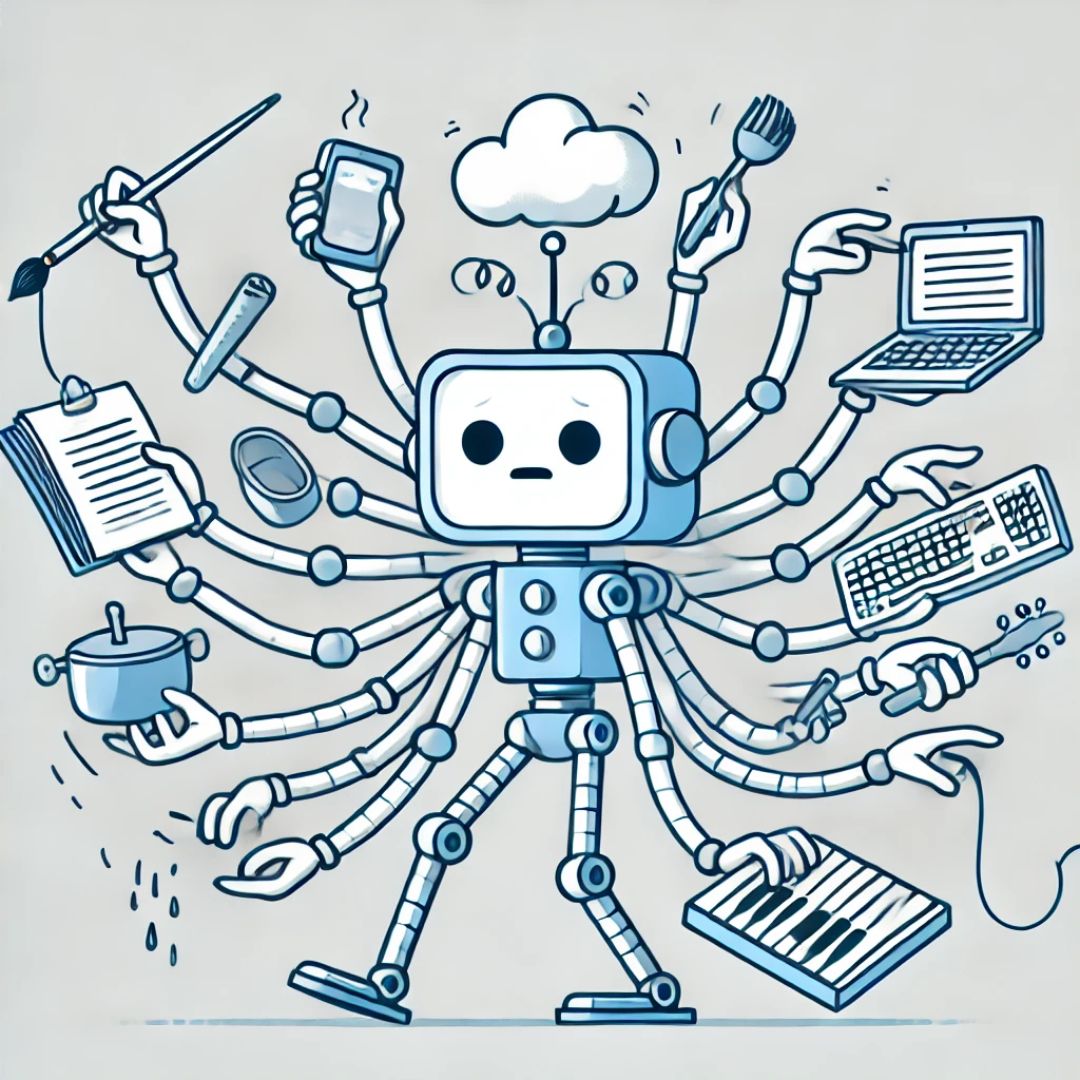
The industry is already starting to rethink. Gartner predicts that specialized AI systems will make up the majority of applications by 2027. IDC also shows that companies are increasingly developing customized AI solutions that meet specific industry requirements and achieve maximum efficiency with fewer resources.
Conclusion
Are specialized AIs the future that can drive companies forward? Or will the universal models remain at the helm? Perhaps the current hype will cool down, as it did in the “AI winters” of 1974 and 1987? The future will show what developments we will see with AI over the next few years. Until then, we are eager to see what new opportunities arise and how we can further optimize our processes.
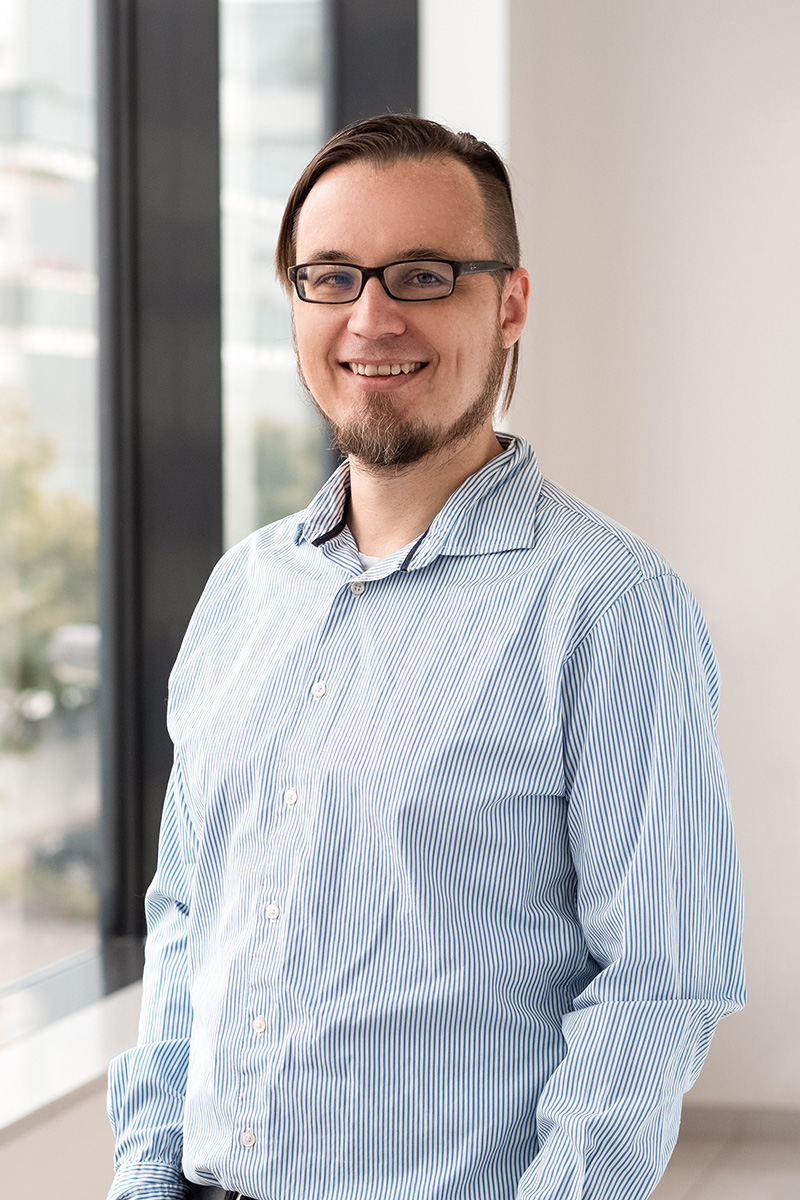
David Ondracek has been part of our BAYOOTEC team for almost 20 years and it is hard to imagine working without him. Starting out as a software engineer, he has spent the last few years laying the successful groundwork as a software architect for numerous projects. David likes festivals, horror movies, has 2 cats and a great passion for innovative technologies. Therefore, it is not surprising that he now devotes himself to the technological further development and strategic technical orientation of BAYOOTEC as CTO (Chief Technology Officer).
